As a neutron has no charge, a neutron detector incorporates a neutron-to-ionization particle converter. The incident neutrons are captured by the converter material which then produces (detectable) ionizing particles by means of a nuclear reaction.
Exosens gas-filled detectors are designed to detect thermal neutrons (En < 0.025 eV), so the capture cross-section of the detecting material must be as large as possible for this low energy. We therefore use 235U (580 barns at 20 °C) for our fission chambers, and 10B (3840 barns at 20 °C) for our boron-lined proportional counters.
Learn more about neutron detectors
Need some answers? Ask our experts!
Contact us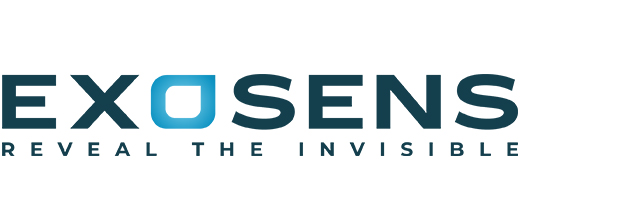
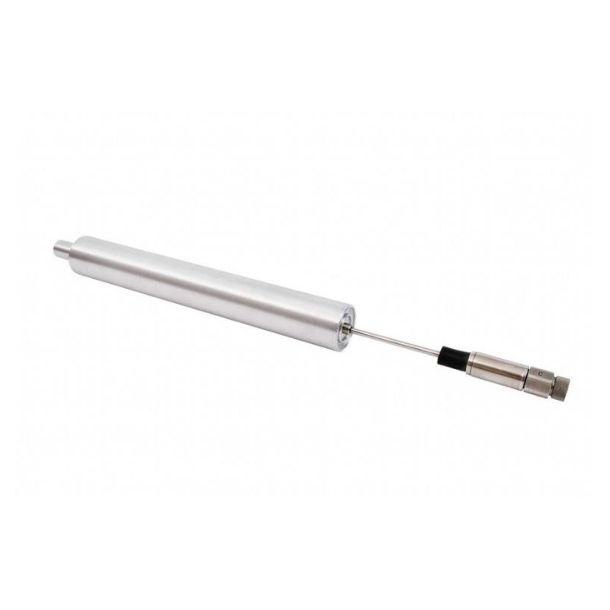

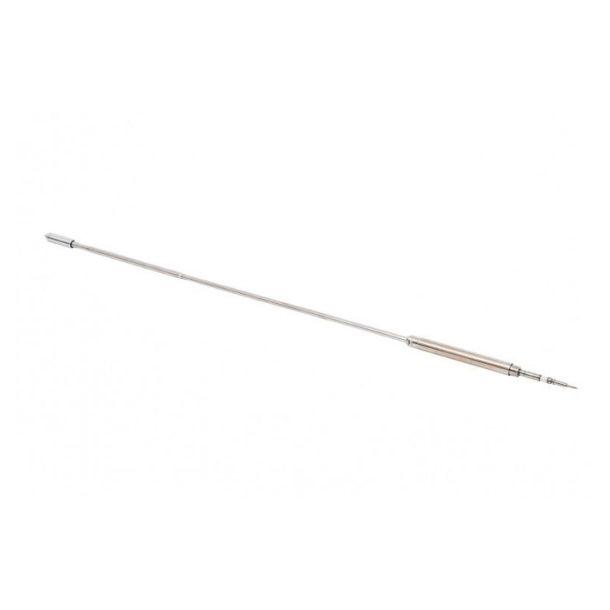

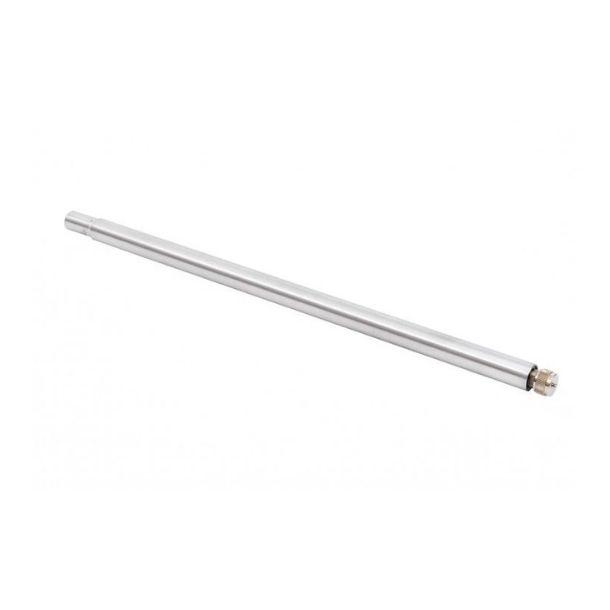

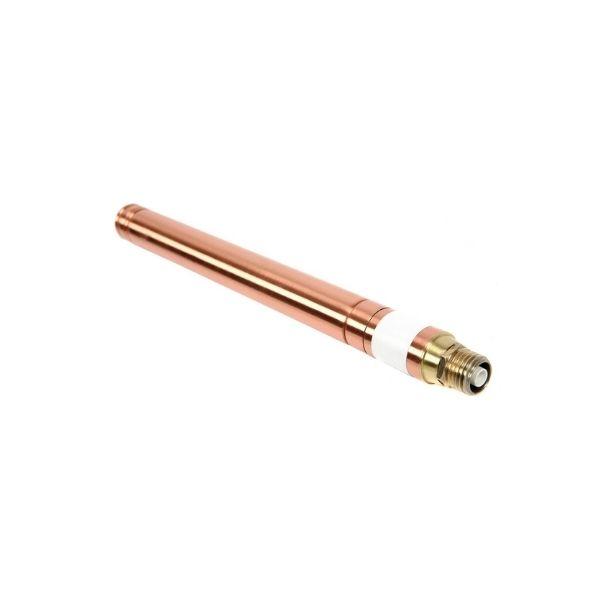

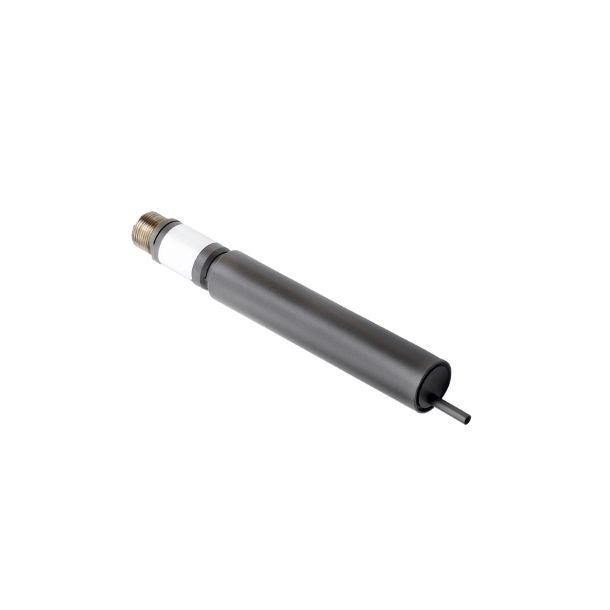

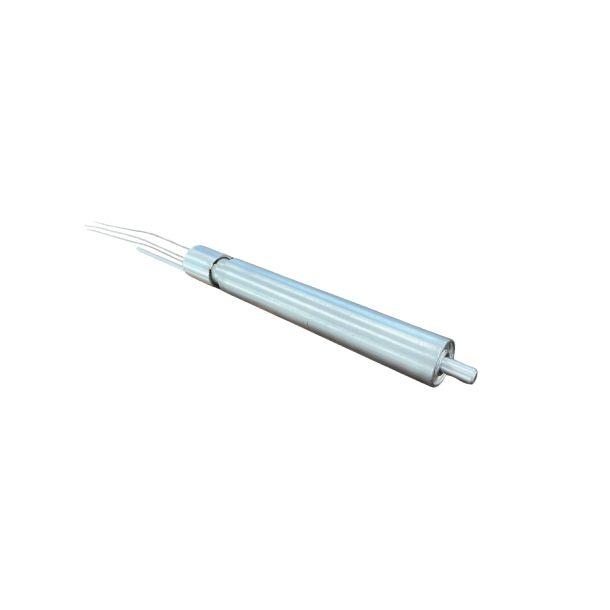

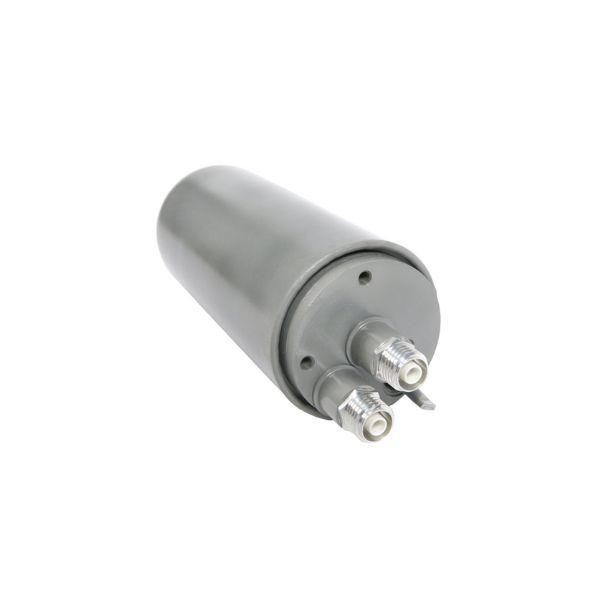
Learn more about Neutron detectors
Advanced Neutron Detectors for Nuclear Applications
Neutron detectors are essential instruments in nuclear physics and reactor operations, playing a vital role in safety assurance and neutron flux monitoring. Since neutrons are electrically neutral, their detection requires specialized technology that converts neutrons into ionizing particles. This is achieved using converter materials that capture incident neutrons and initiate nuclear reactions, resulting in charged particles such as fission fragments, alpha particles, or lithium nuclei. These particles then interact with a fill gas, enabling detection.
Exosens gas-filled detectors leverage this principle and are engineered to deliver reliable performance in demanding environments. We use high neutron-absorbing materials such as uranium-235 and boron-10, which offer significant neutron capture cross-sections. These materials are incorporated into our fission chambers and boron-lined proportional counters to generate measurable ionizing radiation upon neutron interaction.
Proportional Counters
Exosens delivers high-performance proportional counters—³He, BF₃, and Boron-Lined—designed for precision neutron detection, energy discrimination, and superior gamma rejection. From high-sensitivity spectroscopy to rugged, cost-effective solutions, our detectors ensure safety, reliability, and compliance in the world’s most demanding nuclear applications.
³He Proportional Counters
Exosens’ ³He Proportional Counters deliver exceptional neutron detection performance, making them ideal for both thermal neutron monitoring and neutron spectrometry. Utilizing the ³He(n,p)³H reaction, these detectors offer high sensitivity thanks to the large neutron capture cross-section of helium-3. Their proportional response enables precise energy measurement, allowing them to function not only as detectors but also as neutron spectrometers.
BF₃ Proportional Counters
Exosens’ BF₃ Proportional Counters are engineered for high-efficiency thermal neutron detection with excellent gamma discrimination, making them ideal for use in both instrumentation systems and experimental applications. Utilizing the ¹⁰B(n,α)⁷Li reaction within a boron trifluoride gas fill, these detectors deliver consistent, low-background performance across a wide range of neutron flux levels. Their robust aluminum or metal construction, thin-walled design, and optimized gas multiplication (typically around 40) ensure reliable sensitivity and long operational life—exceeding 10¹⁷ nvt in many cases.
Boron-Lined Proportional Counters
Exosens’ Boron-Lined Proportional Counters are engineered for reliable neutron detection in demanding nuclear environments, including power reactors and research facilities. These detectors operate in pulse mode, utilizing a solid Boron-10 coating for exceptional durability, long service life, and excellent pulse resolution. Designed to detect thermal neutrons with high sensitivity, the counters feature a robust stainless-steel body, a watertight HN connector, and can withstand temperatures up to 200°C.
Fission Chambers
Exosens’ fission chambers deliver accurate, reliable neutron flux measurements across startup, operational, and safety-critical conditions. Engineered for resilience in high-radiation and high-temperature applications, we offer a full range of high-sensitivity and high-flux models — including custom solutions tailored to your reactor needs. Count on us to power the safety and performance of your nuclear systems.
- In-core fission chambers are built for extreme conditions, capable of operating at temperatures up to 600 °C. Their robust stainless-steel construction ensures watertight integrity and long-term durability, while customizable configurations meet diverse operational requirements.
- Ex-core fission chambers are engineered for wide-range neutron flux detection, spanning up to 11 decades, enabling precise monitoring from startup to full power. They are ideal for harsh conditions, maintaining high performance in intense gamma fields and elevated temperatures.
Fission chambers can operate in multiple modes—pulse, fluctuation, and current—allowing for flexible data acquisition depending on the application's sensitivity and resolution needs. They are also equipped with radiation-hardened connectors and cables to ensure reliable signal integrity under challenging conditions.
Tailored Solutions for Critical Environments
All Exosens neutron detectors are designed with customization in mind, enabling adaptation to specific monitoring needs in various nuclear environments. Whether for research reactors, power generation, or advanced reactor systems, our solutions support reactor performance assessment, radiation safety, and operational excellence.
Neutron detection technologies from Exosens are trusted across the nuclear sector for their precision, resilience, and superior gamma-ray discrimination—essential attributes for safe and efficient facility operation.
To explore further, here are some additional resources below to learn more about neutron detector, and our cutting-edge technologies:
- Enhancing nuclear safety with neutron and gamma technology
- Discover our gamma detectors
- Exploring ions & electrons detection technology
- Discover Photonis photo-detection and low light conditions imaging Solution
- Discover exosens’ innovation
What's new in Neutron detectors?
See all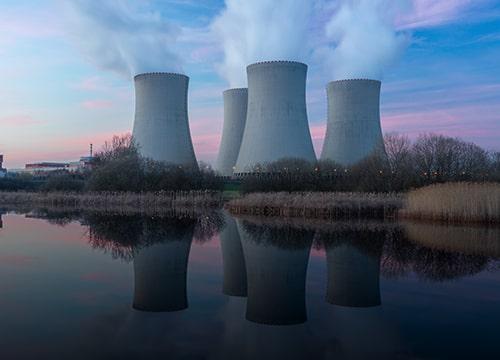
Oct 09th 2025
High-Temperature Detectors for Next Generation Reactors
Proven reliability up to 800°C and beyond for SMR and AMR applications. Built on the combined legacy of Photonis and Centronic—80+ years of neutron detection excellence.
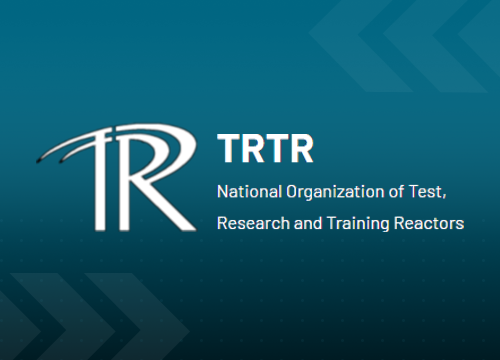
College Station .
FROM Sep 08th 2025 TO Sep 12th 2025
TRTR exhibition 2025
Join Exosens at the 2025 TRTR Annual Meeting, hosted by the Texas A&M Engineering Experiment Station Nuclear Engineering & Science Center.

Paris.
FROM Nov 04th 2025 TO Nov 06th 2025
WNE 2025
Join Exosens at the World Nuclear Exhibition (WNE) 2025, the leading global event for the civil nuclear industry, taking place at Parc des Expositions Villepinte in Paris, France.



